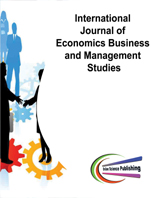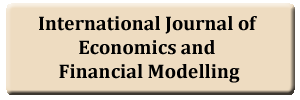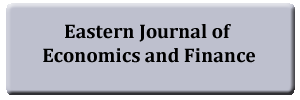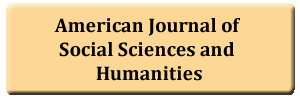Repositioning Cashless Policy in the Nigeria Economy: Policy Options for Small Scale Business Development
DOI:
https://doi.org/10.20448/802.3.2.67.74Keywords:
Implication, Policy, Cashless policy, Economy, Nigeria.Abstract
This study adopted the regression analysis to analyze the data with a view to determining the impact of cashless policy on small scale businesses. The regression analysis is carried out using the E-views statistical package version 7.1. The data employed in this study are national aggregates obtained from secondary sources. The data covers the period of 1980-2014. The major sources of the data include the Central Bank of Nigeria statistical Bulletins. Findings among others show that the coefficient of money supply (MOS) had a significant positive relationship (0.0018) at 1% probability level with the contribution of SMEs to total GDP. The result implies that as money supply in the system increases, the contribution of SMEs to total GDP also increases. Finally, the variable of interest, cashless policy (CP) is a positive insignificant relationship with contribution of SMEs to total GDP (Proxy for Performance of SMEs). This significant relationship could be attributed to the infant nature/stage of the policy implementation. Hence, in the long-run, the policy will have more positive impact on SMEs in the country.




